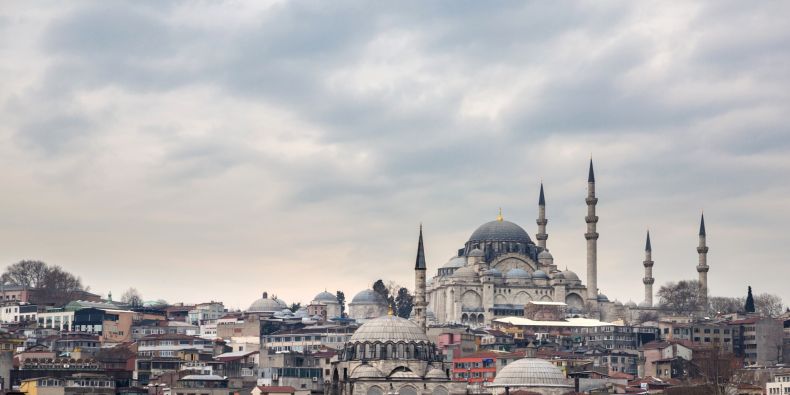As we watched the unfolding of the attempted military coup against Turkish President Erdoğan on the TV screen, many of us were worried. But as Czechs, our reaction was not a physical one. For the several dozen young Turks who are studying at Masaryk University, it was different.
One of the students came to Brno just as the attempted coup was beginning. He can’t imagine going back home in the near future. “People in Turkey are hopeless,” says the student, who asked not to be quoted by name, although this name is known to the Muni news portal.
Although his life is not in immediate danger, as we talked it became obvious that it is not a great idea to criticize a regime led by President Erdoğan for its policy. In the opinion of the student, who received his Bachelor’s degree in Turkey before coming to Brno to complete his Master’s, the situation in the country has been getting worse for several years.
As MU political scientist Tomáš Kaválek writes in his article (read more – in Czech only), the attempted coup has been used by the current regime to get rid of followers of Fethullah Gülen. “For a long time Turkey has been divided between supporters and opponents of the government. People in Turkey suffered a lot in previous military coups, so they are scared now. That’s why a lot of opponents welcome the steps the president took, even though they are not democratic,” the student says.
Worse still, when making arrests, leaders of the country do not distinguish between Gülenists and critics of the regime. “Nobody asks how the criticism is meant,” he says.
In the last month, in the aftermath of the failed military coup, tens of thousands of policemen, soldiers and academics have been arrested or removed from their positions by the Turkish government. According to the Turkish student, there is almost no chance that the suspended academics will again find a proper job.
“Academics were probably questioned even before the coup started, which is how the government were able to force so many people to resign from their positions from one day to the next. These people became stigmatized, and now schools are not willing to offer them a job.”
To understand the current situation in Turkey you need to become familiar with the overall atmosphere in the country, the MU student says. In recent years Turkey has slowly turned away from democracy – as reflected, for instance, in changes to the constitution. Just a few years ago the army and the name of Kemal Atatürk (1881–1938), the founder of the Turkish republic who transformed Turkish society into a secular nation-state, were mentioned only in a positive light. It is now rare that one hears sympathy expressed for one or the other. “Atatürk is a symbol of democracy, and democracy is not welcomed now. They just use democracy as a shield,” the student complains.
He also points out that politics is connected to the everyday life of Turks to a far greater extent than is so with Czechs. “President Erdoğan likes to talk about many different things, including how to build a good relationship between a man and a woman and how people should dress. A recent statement made by the president is typical: every family should have three children, he said. It reminds me such a lot of the words of Hitler or Mussolini.” The extent of interference in everyday life makes you feel the state is watching you all the time, the student adds.
Personal reasons aside, this is an important reason why the young Turkish student feels good in the Czech Republic and does not plan to leave. He likes the fact that Czechs are relaxed and don’t argue about religious matters all the time. But he emphasizes one thing over all others: young people in the Czech Republic do not care about politics and public matters.
“It is nice to enjoy life and live for the moment. But it is also important to be a bit of an activist and informed about things around you. If the younger generation in the Czech Republic do not care about what happens around them, they could lose the democracy they have here,” the student concludes.
